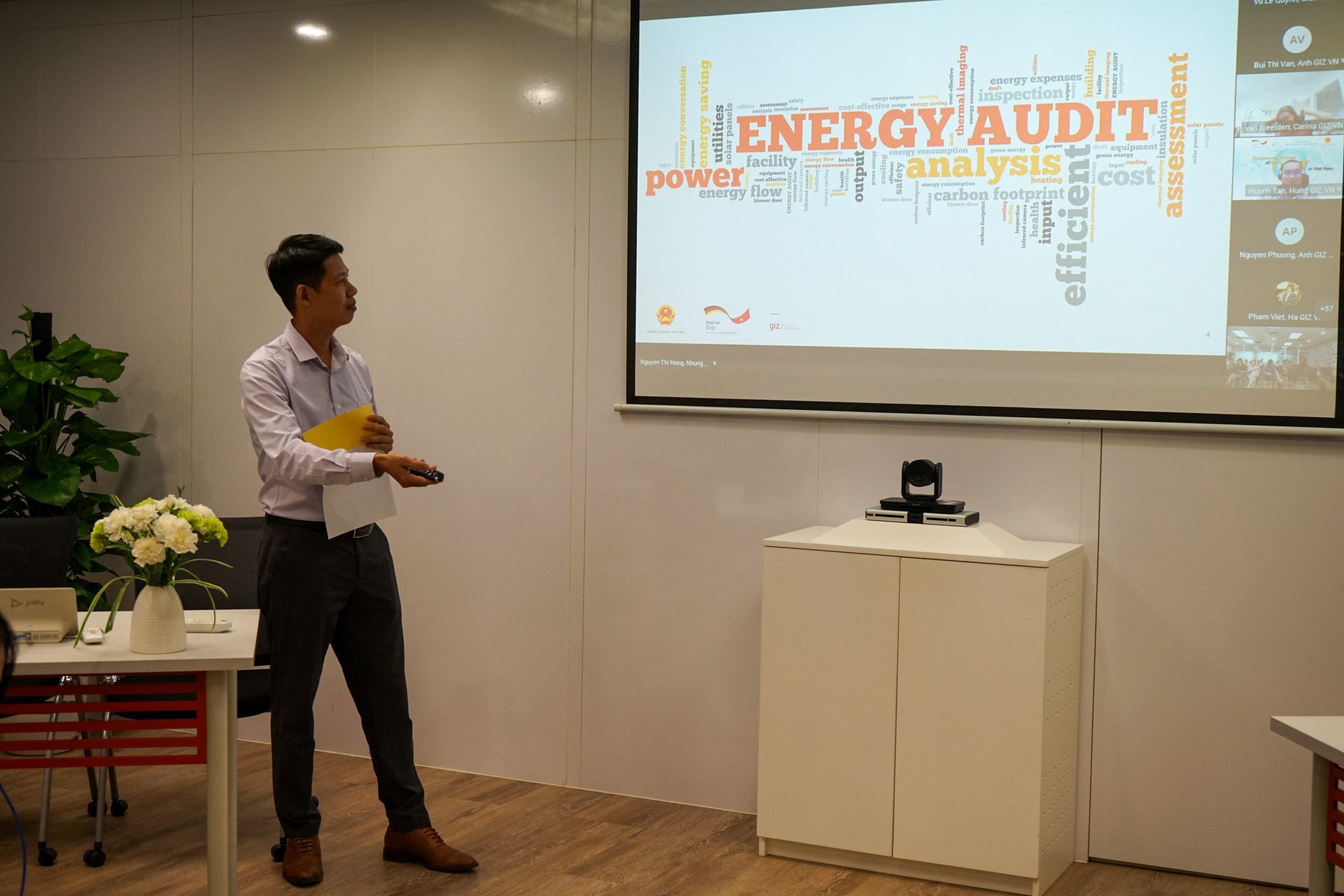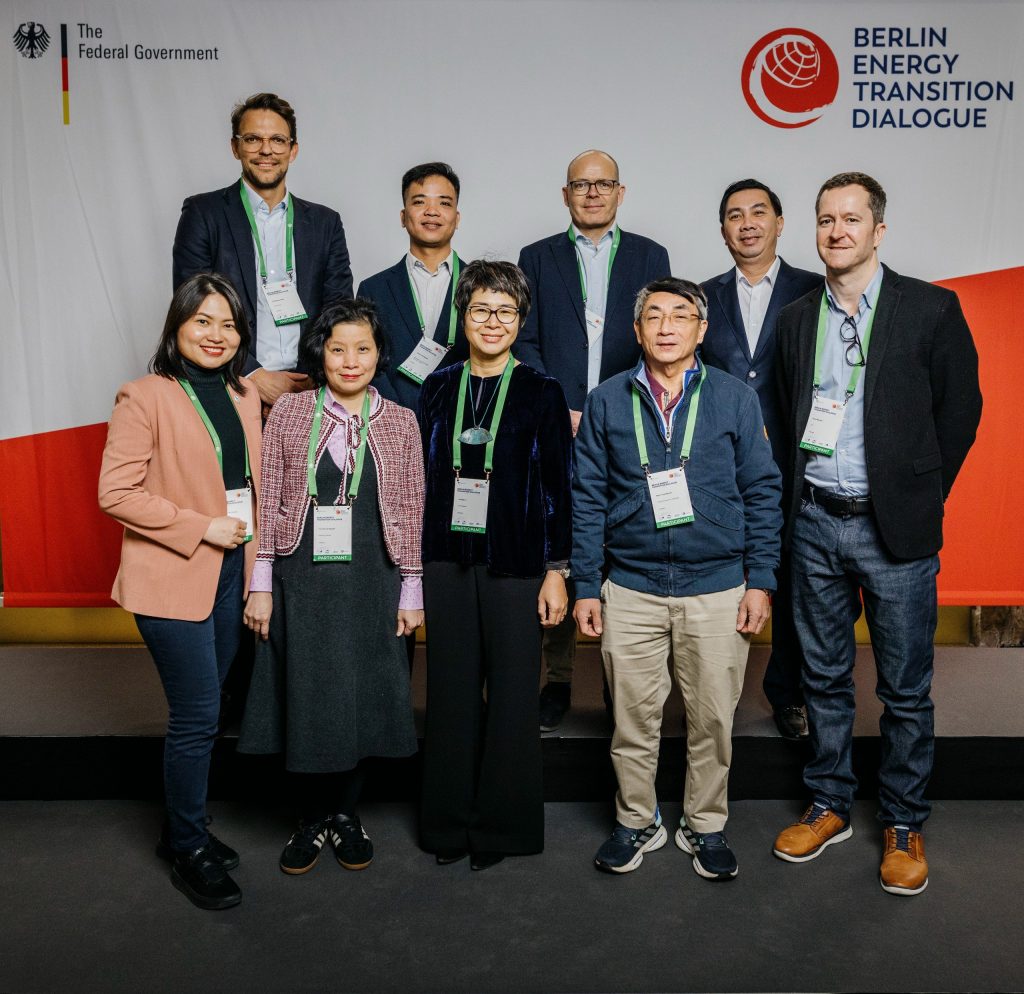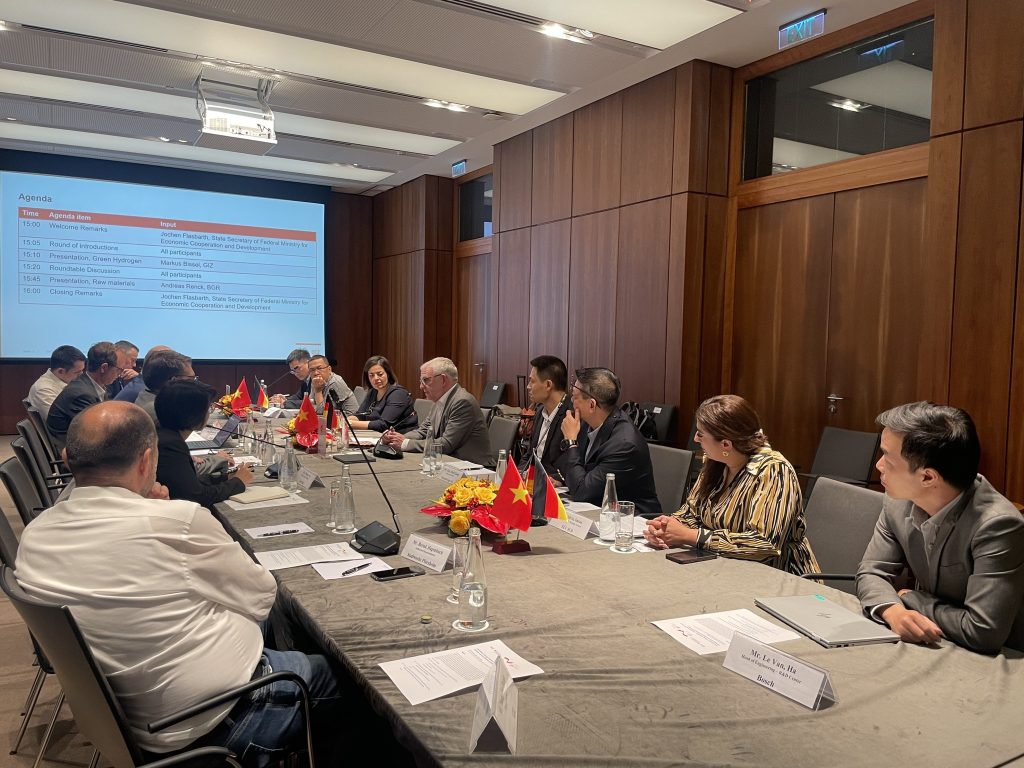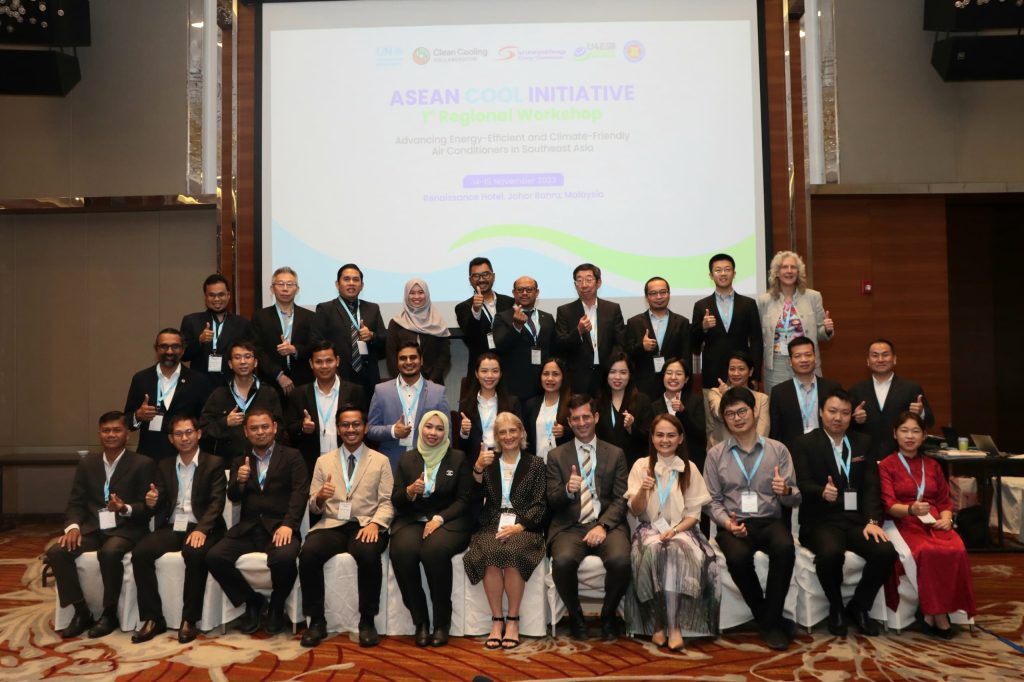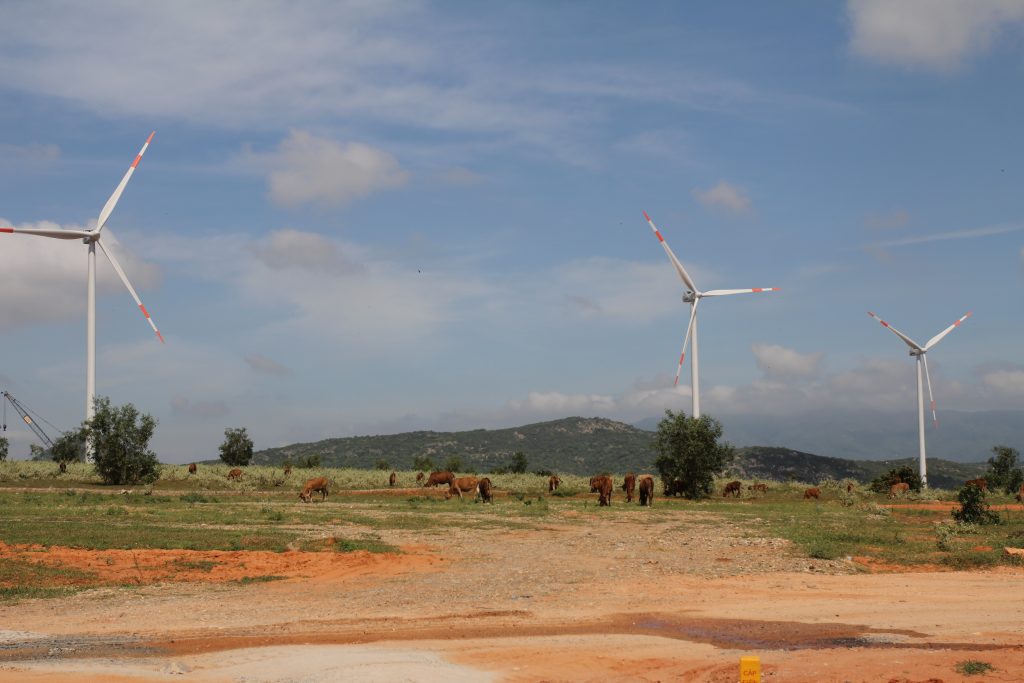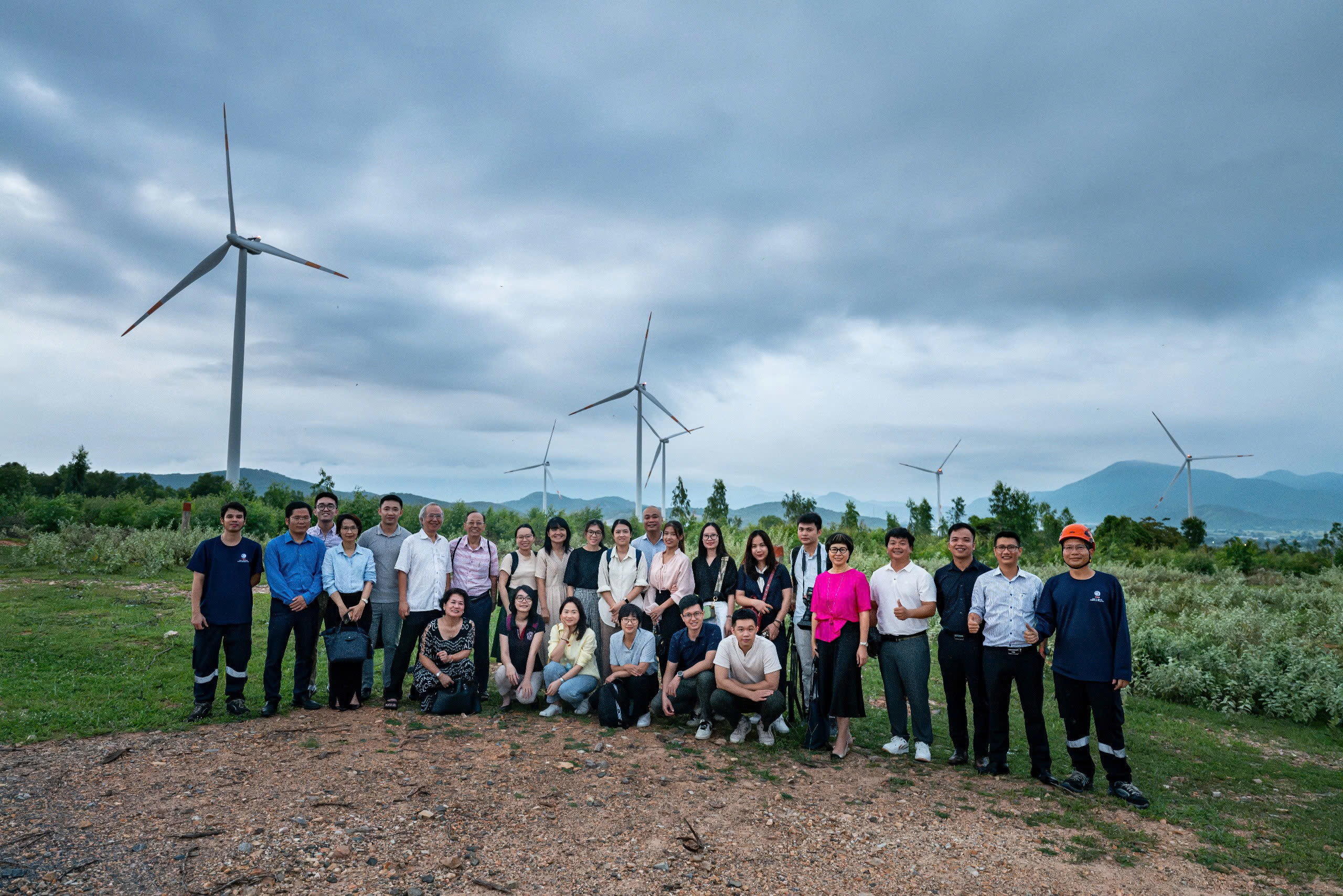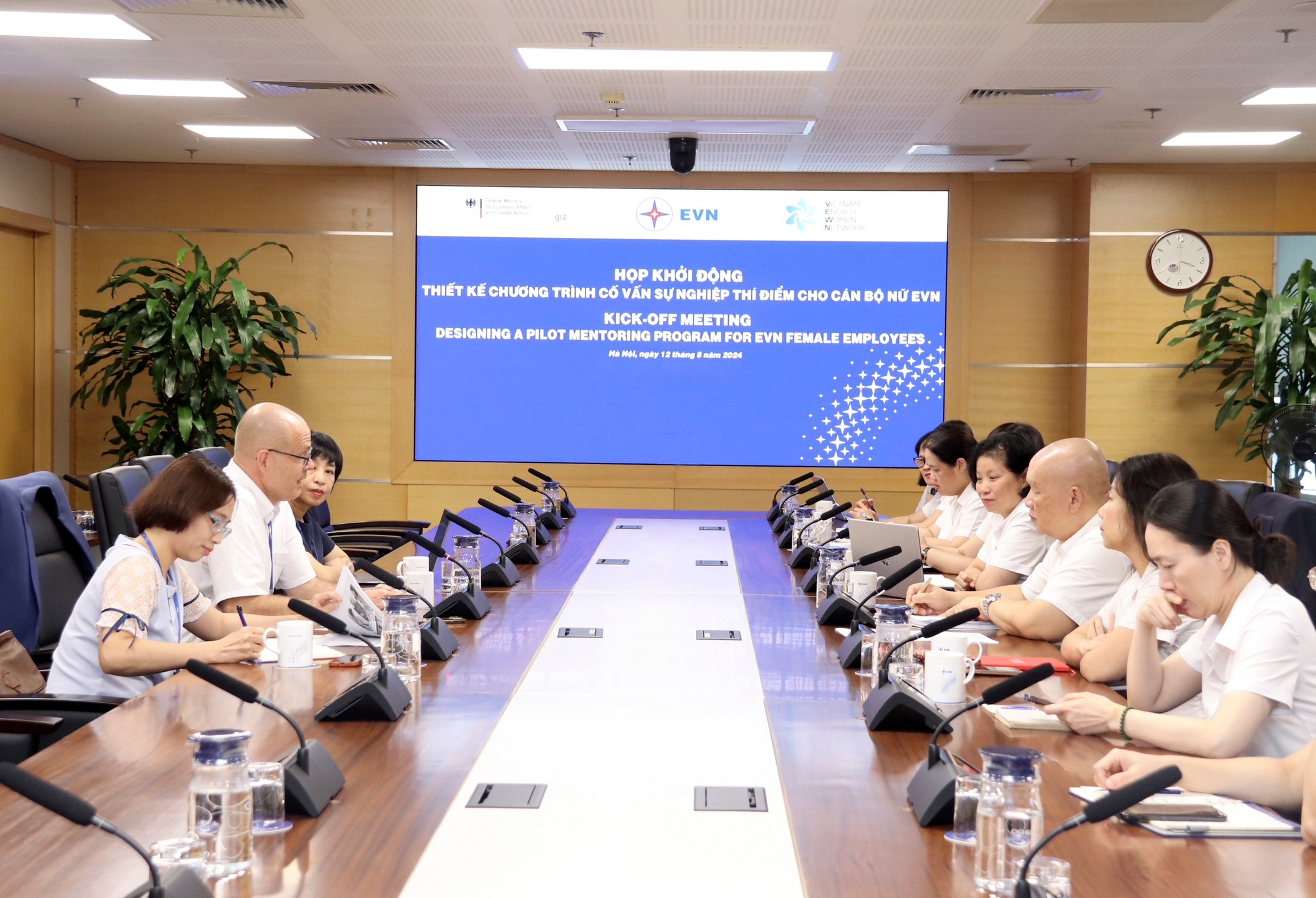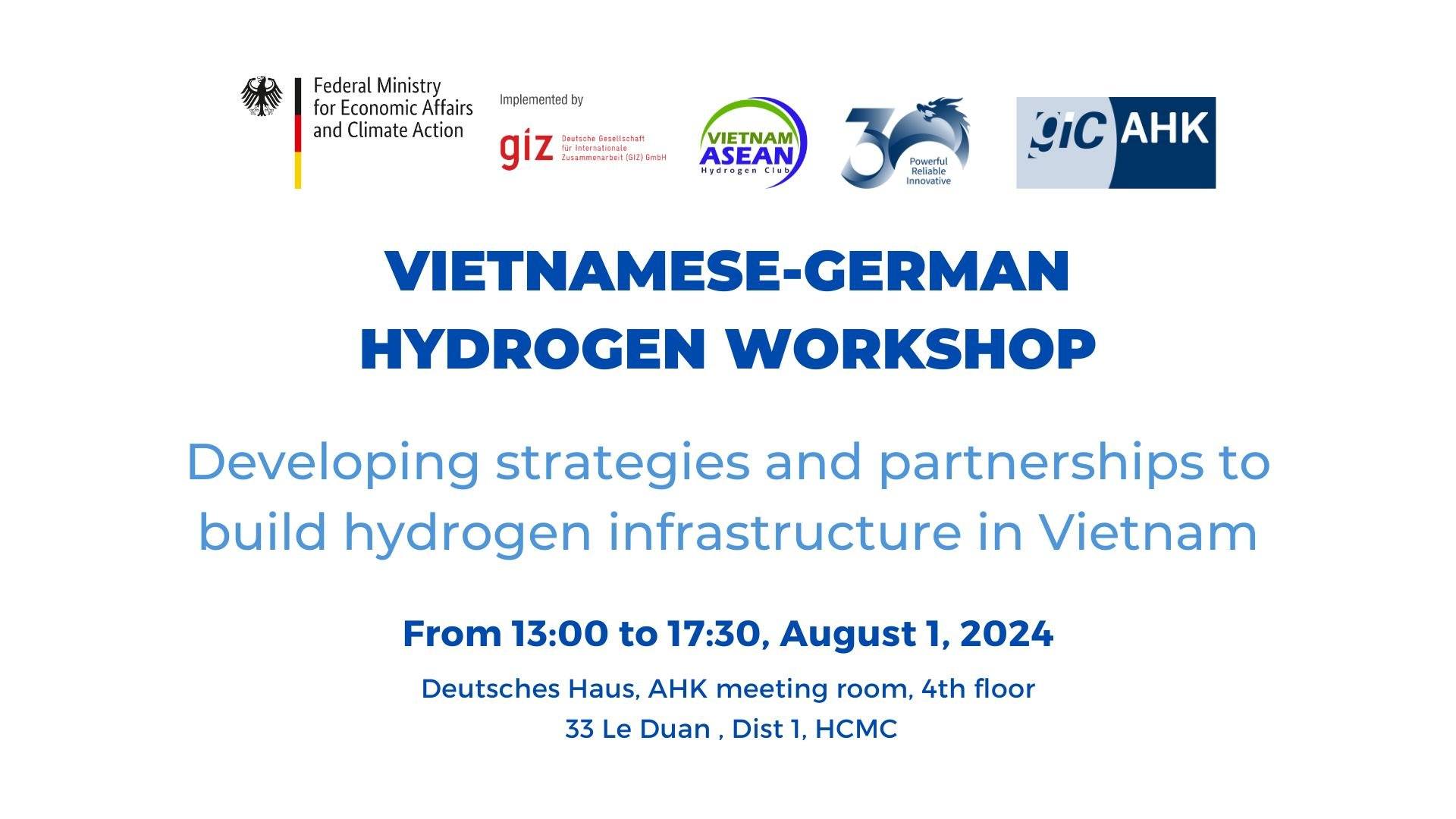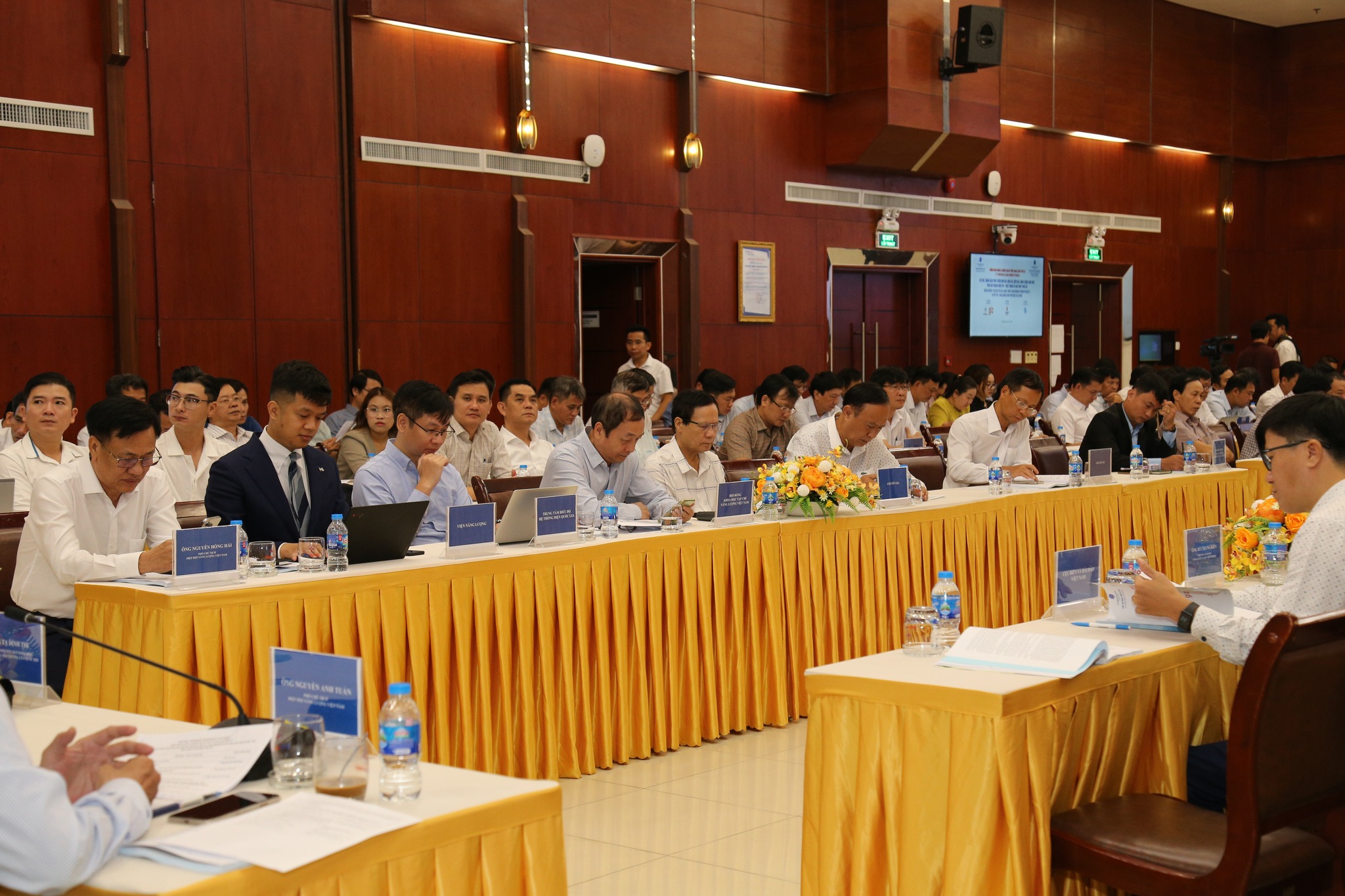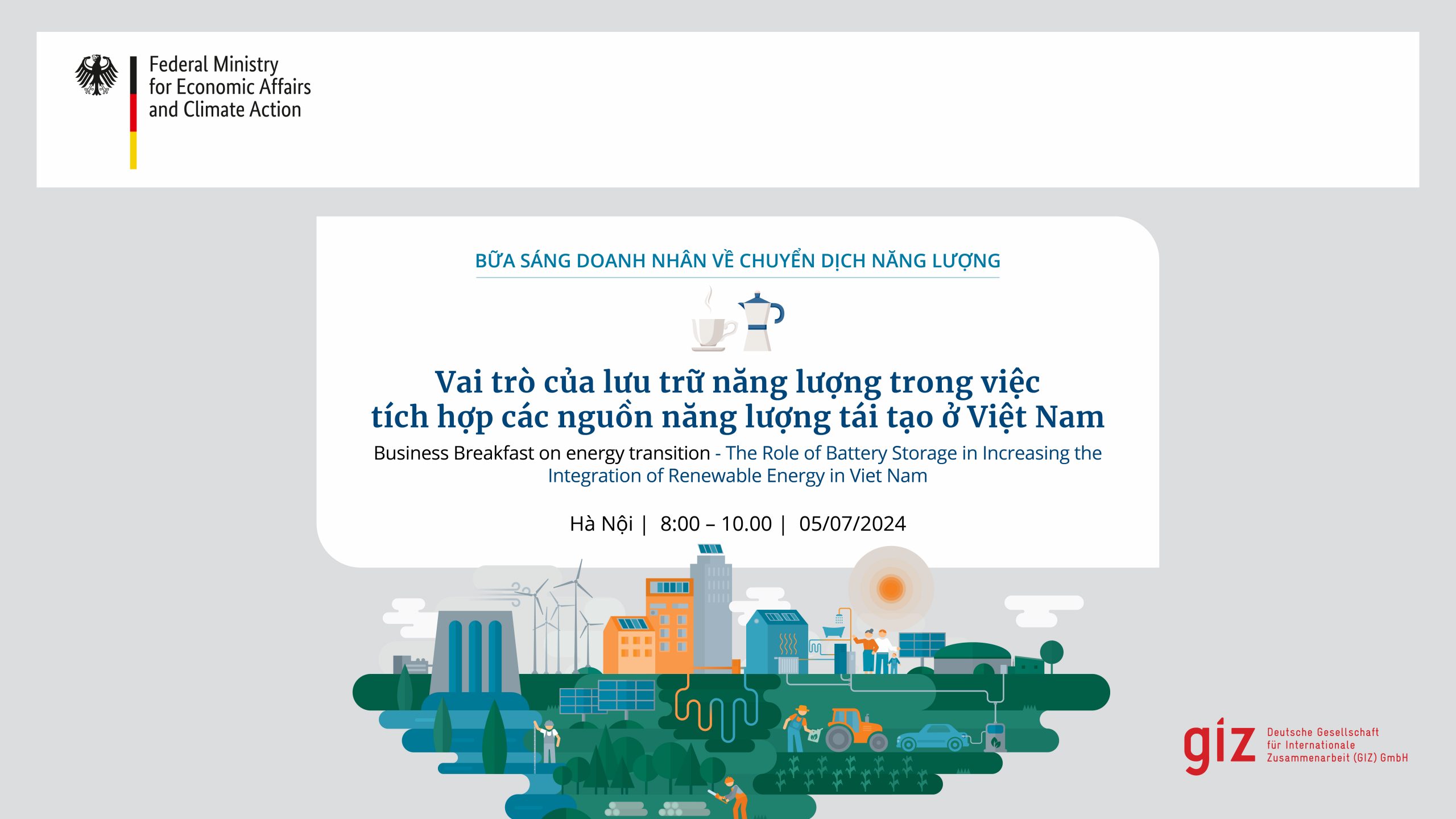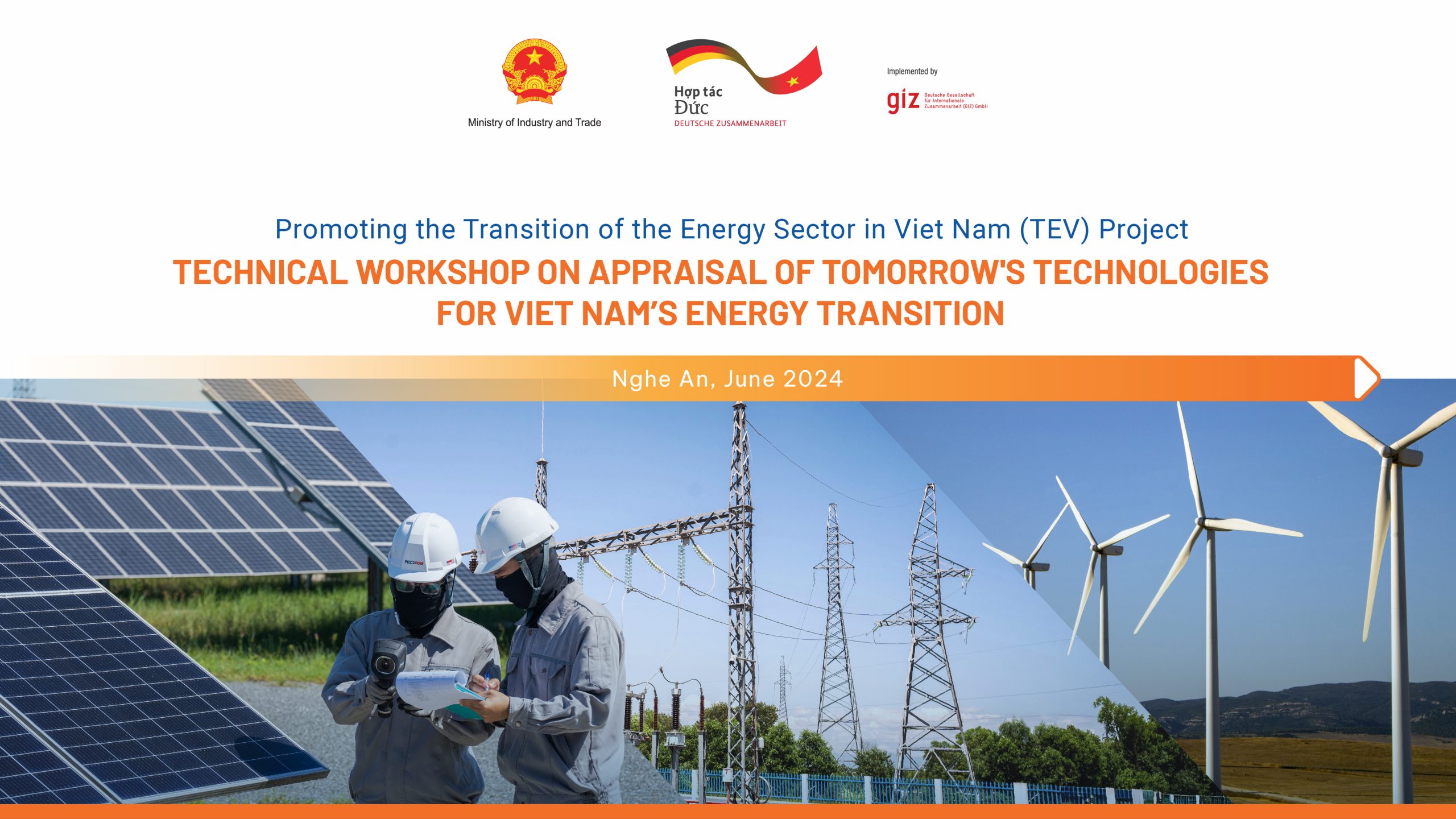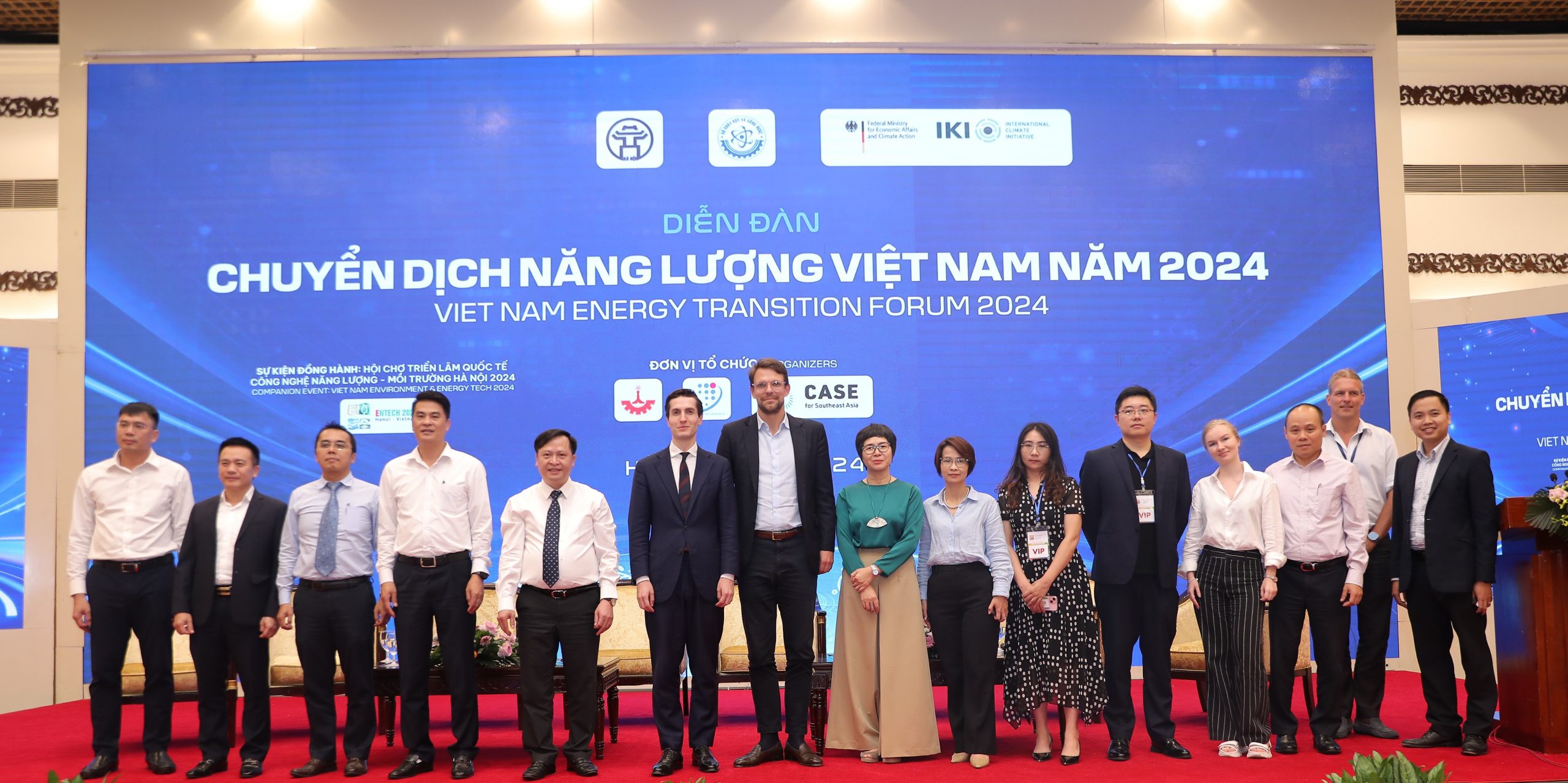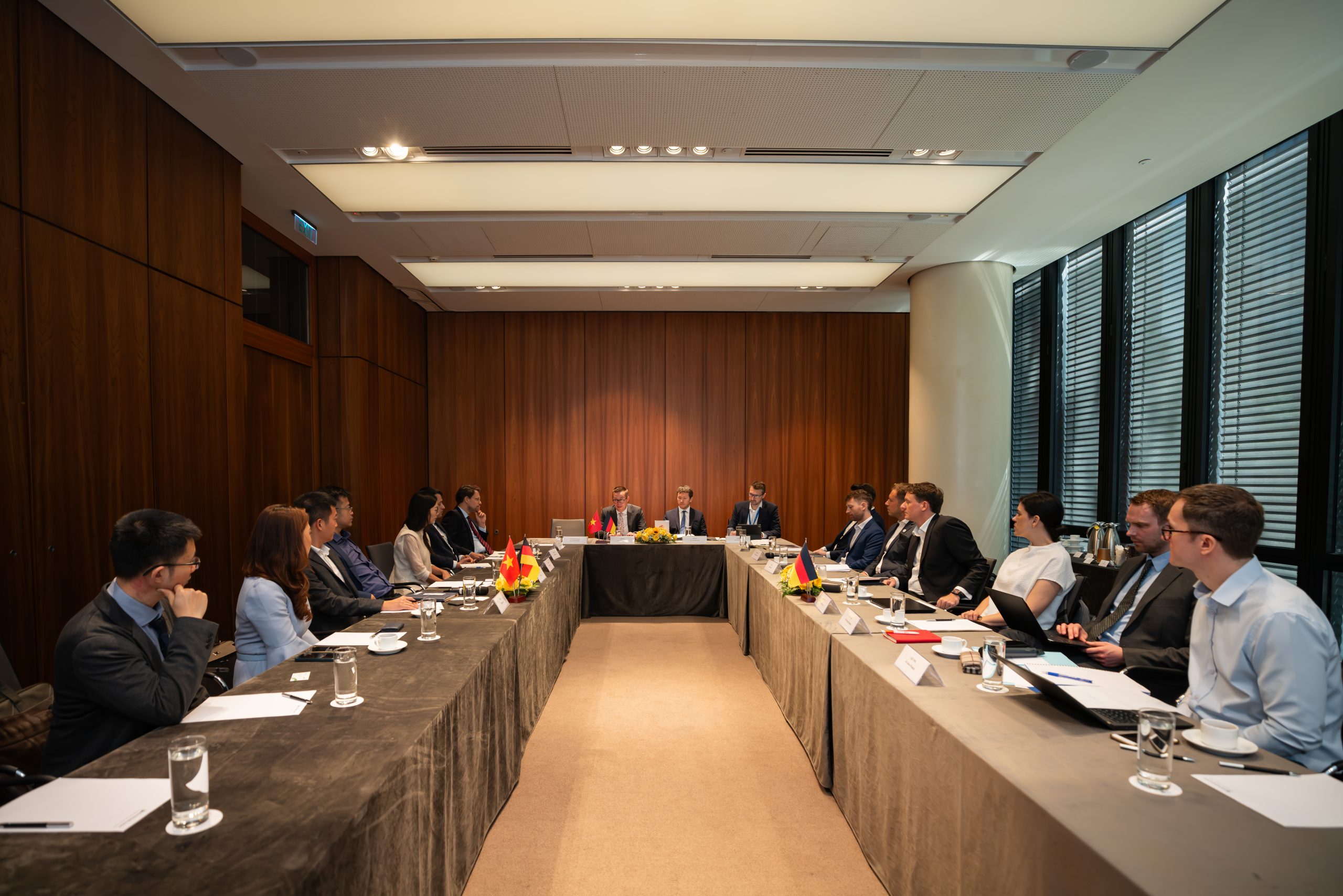GIZ Viet Nam’s first step to reduce greenhouse gas emissions in workplace
From June to October 2024, experts from the GIZ Energy Support Programme conducted an energy audit at GIZ Office Hanoi, on the 6th Floor, Hanoi Towers, 49 Hai Ba Trung Street, Hanoi. Hanoi Towers is a Grade A office building built in 1997. It is considered a symbol of the development of the capital. GIZ has rented an office space in this building for 20 years.
Here are some recommendations:
In short term:
- Adopt simple energy efficiency measures: change behaviour, set a rule for operating energy systems…
In medium term:
- Install heat isolation film to reduce energy consumption of the air conditioning system and cut 4.7 tons of CO₂ emissions annually
- Replace current tube lamps with LED panels to reduce the lighting system’s electricity consumption and lower CO₂ emissions by 6.6 tons annually
- Install solar panels, set up an energy management system, and undertake construction and renovations in lines with green building certification
- Install air return duct and recycling cool air in the room to aim optimization of energy usage.
Energy efficiency has always been a top priority for GIZ globally in order to reduce greenhouse gas (GHG) emissions and optimize energy costs, and lower carbon footprints. GIZ will reduce energy consumption in Germany and abroad considerably by 2025: by 20 per cent in Germany, and by 10 per cent in other countries.

GIZ Viet Nam is one of the first offices to launch energy audits. This is one important activity of the Corporate Sustainability Handprint (CSH) in response to the German Sustainability Action Days 2024 happening from September 18 to October 8.
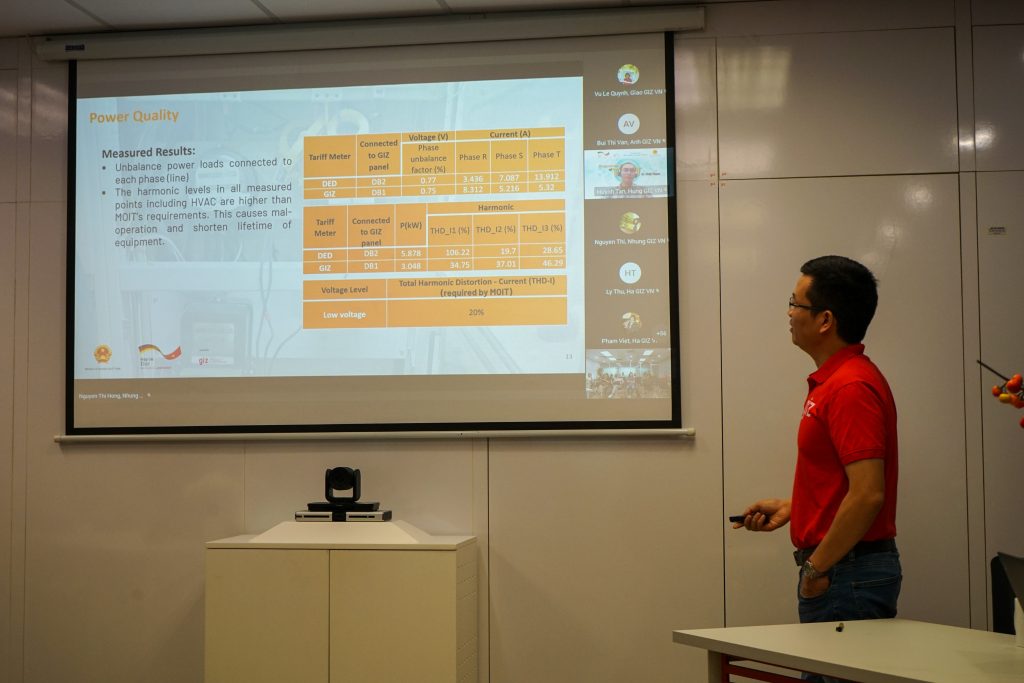
With energy audits, GIZ Viet Nam self-evaluates energy efficiency and propose solutions for improvement. We will step by step implement these solutions at our country office, with plans to replicate this approach across other project offices. Through this initiative, GIZ and specifically GIZ Viet Nam, aims to be a pioneer in energy efficiency and greenhouse gas reduction at its own offices, thereby contributing to carbon neutrality goals globally.



